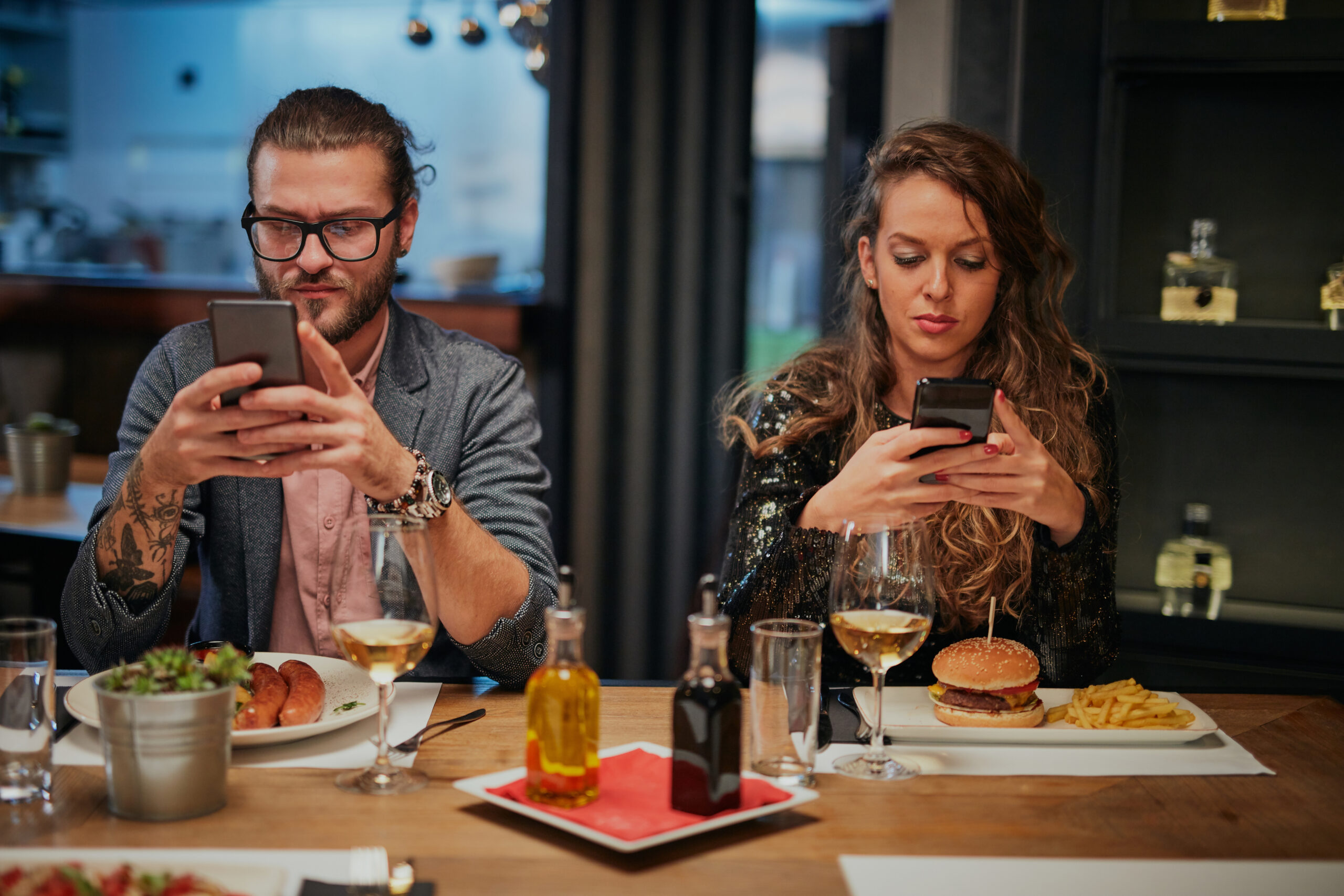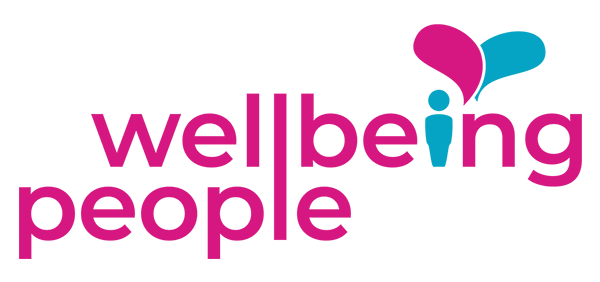We are coming into the holiday season where many of us head off to find relaxation and peace away from our everyday lives and let go of the stresses at home. But are we able avoid digital bombardment and fully switch off and relax?
Being constantly on alert mode and slaves to our digital devices does not set us up to completely unwind and get the downtime our minds and bodies require. Growing concern about the negative impact digital technology has on our mental and emotional wellbeing, is certainly cause for us to sit up and take action.
There is a lot of talk about digital detox holidays where people go for days or even weeks without any form of digital interaction. Nevertheless, many of us know, to be completely without our mobiles or devices on holiday (or at home) is not overly practical or something that many of us would choose to do! Our digital devices are more than just communication tools; we use them to take photos and videos, listen to music, find our way around a new location, measure our health metrics and so much more. Yet there is a way to enjoy our mobile phones and devices and keep away from digital bombardment.
What is digital bombardment and how does it differ from digital detox?
Digital bombardment is the constant flow of notifications and interruptions to our daily lives from our digital devices. Social media, news updates, calls, messages, emails, health apps, weather alerts and so the list goes on. It can lead to sensory overload, increased stress, heightened anxiety, and contribute to burnout.
Digital detox is when a person voluntarily stops using all digital devices such as mobile phones, computers, and social media platforms for a set period of time. It requires taking a complete break from all digital and electronic devices. The goal of a digital detox is to reduce stress and anxiety giving yourself the mental space to be in the moment and reconnect with the physical world.
No one is in control of your happiness but you; therefore, you have the power to change anything about yourself or your life that you want to change. – Barbara de Angelis
Say Goodbye to Digital Distractions
Switch off push notifications on your digital devices! One of the best ways to achieve a break from digital bombardment is to deactivate notification settings on the apps that regularly grab your attention!
In reality, leaving your calls and texts turned on in case of urgent communication is probably a good thing for peace of mind. Although, WhatsApp group conversations do tend to be pretty persistent and intrusive, so perhaps this is an important one to turn to silent!
Of course, the most effective way to limit mobile phone use is to physically not have it with you 24/7! If you don’t see your phone or digital device, you are less likely to want to check it! Giving yourself an hour a day or a specified time to surf or check your phone is also a good way to avoid the digital noise and distraction!
Taking time away from the incessant need to check who is doing what, when and where, and the necessity to be readily available to everyone at all times, helps us to engage more with those around us. It also allows us to engage more honestly with our surroundings, as well as enjoying the moment and reconnecting with ourselves without interruption. It helps us to take the downtime we fundamentally need. The benefits to our overall health and wellbeing are certainly worth it – research shows that constant checkers of social media, messages and emails reported greater overall stress levels than those that don’t!
5 essential reasons to take a break from digital bombardment
- 1IMPROVED MENTAL AND EMOTIONAL WELLBEING - The inability to disconnect from our digital devices at a time when we should be focussing on relaxation can have an adverse effect on our mental health. Excessive use of digital devices interferes with social interaction and activities which can cause depression. Overuse can also create a psychological dependency and separation from the device can cause anxiety. Being connected to everything all of the time can also lead to FOMO, the fear of missing out. FOMO is considered a type of problematic attachment to social media which is associated with negative life experiences and feelings that include emotional tensions, anxiety, reduced life competency, a lack of emotional control, and a lack of sleep1
- 2PHYSICAL WELLBEING - Overuse of screens and handheld devices, and the expectation that we need to be available 24 hours a day, impacts our physical health too. It can result in medical issues such as digital eye strain, neck and back problems, muscle stiffness, headaches and fatigue. The blue light emitted from our screens can also affect our production of melatonin resulting in poor sleep. Other symptoms include brain fog, difficulty concentrating, a low attention span, irritability, and anger.
- 3STRONGER RELATIONSHIPS - The negative psychological and social impact is so apparent – by connecting with technology, we disconnect from human interaction. There is a term ‘phubbing’ which means ignoring your friends or family in favour of looking at your phone. Research shows that ‘phubbing’ robs us of our fundamental needs and can seriously affect our relationships and increase stress levels! Phubbed people can feel excluded, unwanted and ignored – not a great basis for a healthy relationship!

- 4CREATE MENTAL SPACE - No mental space means the mind is already at capacity. We are constantly bombarded with information which is often about things that induce stress on a level that our brains have not been developed to cope with. Managing how we use our phones and devices can be really helpful, reducing feelings of overwhelm. Cutting out scrolling and the stress of feeling as though you have to engage or respond enables you to focus on yourself. It opens a window of opportunity for your brain to be creative, learn, absorb, and adopt new habits.
- 5TAKE BACK CONTROL OF YOUR ATTENTION - Reserve digital and electronic free spaces during your day as this can be very useful for taking back control of your relationship with your digital devices. Taking responsibility for all aspects of your life means that you are in control of your life. Give yourself permission to create your own path in life by setting goals that help you to make the changes needed to live your best life without interference from others
Embrace the power of disconnecting throughout the holidays so you too can avoid digital bombardment.
By making some of these small, intentional changes you can help restore balance and develop a healthier relationship with technology. You may also be interested in our article - 8 ways to improve your sense of digital wellbeing
